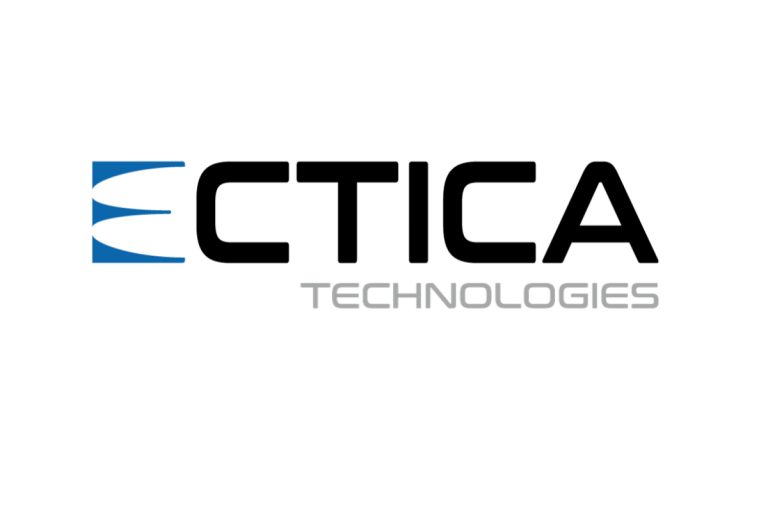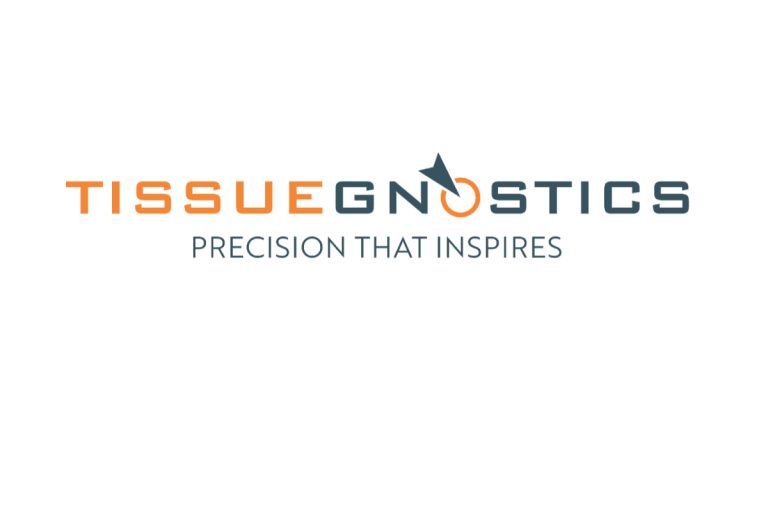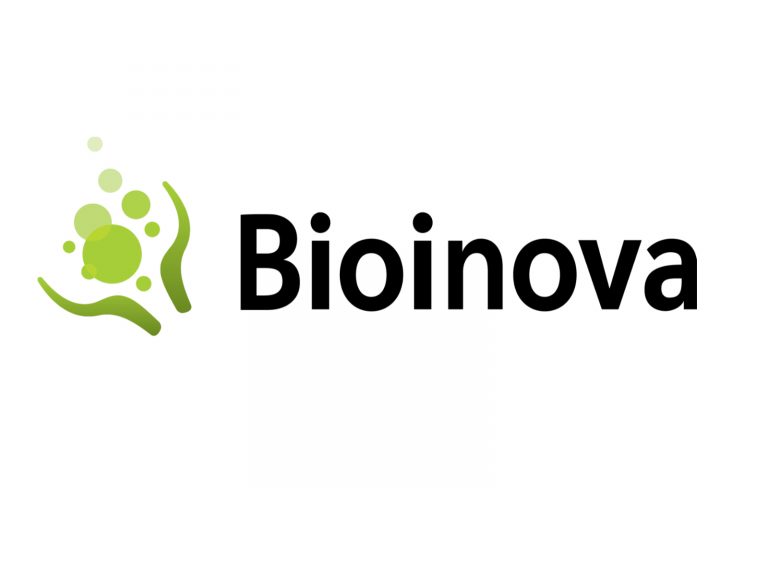AstraZeneca’s Liver Cancer Treatment Combo Accepted for US Priority Review
Tremelimumab, in conjunction with Imfinzi, has been accepted under priority review for patients with unresectable liver cancer in the United States.
AstraZeneca announced today that its Biologics License Application (BLA) for tremelimumab has been accepted for Priority Review in the United States, supporting the indication of a single priming dose of the anti-CTLA4 antibody added to Imfinzi (durvalumab) for the treatment of patients with unresectable hepatocellular carcinoma (HCC). A supplemental BLA (sBLA) has also been submitted for Imfinzi in this indication. This novel dose and schedule of the combination is called the STRIDE regimen (Single Tremelimumab Regular Interval Durvalumab).
The Prescription Drug User Fee Act date, the Food and Drug Administration (FDA) action date for their regulatory decision, is during the fourth quarter of 2022 following the use of a priority review voucher.
According to ASCO and WHO, liver cancer, of which HCC is the most common type, is the third-leading cause of cancer death and the sixth most commonly diagnosed cancer globally. Around 26,000 people in the US present with advanced, unresectable HCC each year.
Susan Galbraith, Executive Vice President, Oncology R&D, AstraZeneca, stated:
“The HIMALAYA Phase III trial showed an unprecedented three-year overall survival in this setting with a single priming dose of tremelimumab added to Imfinzi, highlighting the potential for this regimen to improve longer-term survival outcomes. Patients with advanced liver cancer are in great need of new treatment options, and we are working closely with the FDA to bring this novel approach to patients in the US as soon as possible.”
The first dual immune checkpoint blockade regimen to improve overall survival in a Phase III trial in this setting
The BLA for tremelimumab and sBLA for Imfinzi are based on final results from the HIMALAYA Phase III trial presented at the 2022 American Society of Clinical Oncology Gastrointestinal Cancers Symposium.
In this trial, patients treated with the STRIDE regimen experienced a 22% reduction in the risk of death compared to sorafenib (based on a hazard ratio [HR] of 0.78, 96.02% confidence interval [CI] 0.65-0.93; p=0.0035). Close to one in three (31%) patients were still alive at three years versus one in five (20%) for sorafenib.
The safety profiles of the STRIDE regimen and for Imfinzi alone were consistent with the known profiles of each medicine, and no new safety signals were identified.
Imfinzi and tremelimumab were granted Orphan Drug Designation in the US for the treatment of HCC in January 2020.
As part of its extensive clinical development programme in gastrointestinal (GI) cancers, AstraZeneca is further assessing Imfinzi across multiple liver cancer settings, including locoregional HCC (EMERALD-1, EMERALD-3) and adjuvant HCC (EMERALD-2).
HIMALAYA
HIMALAYA was a randomised, open-label, multicentre, global Phase III trial of Imfinzi monotherapy and the STRIDE regimen, comprising a single priming dose of tremelimumab 300mg added to Imfinzi 1500mg followed by Imfinzi every four weeks versus sorafenib, a standard-of-care multi-kinase inhibitor.
The trial included a total of 1,324 patients with unresectable, advanced HCC who had not been treated with prior systemic therapy and were not eligible for locoregional therapy (treatment localised to the liver and surrounding tissue).
The trial was conducted in 181 centres across 16 countries, including in the US, Canada, Europe, South America and Asia. The primary endpoint is overall survival (OS) for STRIDE versus sorafenib and key secondary endpoints included OS for Imfinzi versus sorafenib, objective response rate and progression-free survival (PFS) for STRIDE and for Imfinzi alone.
Imfinzi
Imfinzi (durvalumab) is a human monoclonal antibody that binds to the PD-L1 protein and blocks the interaction of PD-L1 with the PD-1 and CD80 proteins, countering the tumour’s immune-evading tactics and releasing the inhibition of immune responses.
Imfinzi is the only approved immunotherapy in the curative-intent setting of unresectable, Stage III non-small cell lung cancer (NSCLC) in patients whose disease has not progressed after chemoradiotherapy, and is the global standard of care in this setting based on the PACIFIC Phase III trial.
Imfinzi is also approved in the US, EU, Japan, China and many other countries around the world for the treatment of extensive-stage small cell lung cancer (ES-SCLC) based on the CASPIAN Phase III trial. In 2021, updated results from the CASPIAN trial showed Imfinzi plus chemotherapy tripled patient survival at three years versus chemotherapy alone.
In the past year, Imfinzi has demonstrated clinical benefit in multiple additional cancer settings with positive Phase III trials in advanced biliary tract cancer (TOPAZ-1), unresectable advanced liver cancer (HIMALAYA) and metastatic NSCLC (POSEIDON).
As part of a broad development programme, Imfinzi is being tested as a single treatment and in combinations with other anti-cancer treatments for patients with small cell lung cancer, NSCLC, bladder cancer, several gastrointestinal cancers, ovarian cancer, endometrial cancer, and other solid tumours.
Tremelimumab
Tremelimumab is a human monoclonal antibody and potential new medicine that targets the activity of cytotoxic T-lymphocyte-associated protein 4 (CTLA-4). Tremelimumab blocks the activity of CTLA-4, contributing to T-cell activation, priming the immune response to cancer and fostering cancer cell death.
Beyond HIMALAYA, tremelimumab is being tested in combination with Imfinzi across multiple tumour types including locoregional HCC (EMERALD-3), SCLC (ADRIATIC) and bladder cancer (VOLGA and NILE).
Tremelimumab is also under review by global regulatory authorities in combination with Imfinzi and chemotherapy in 1st-line metastatic NSCLC based on the results of the POSEIDON Phase III trial, which showed the addition of a short course of tremelimumab to Imfinzi plus chemotherapy improved both overall and progression-free survival compared to chemotherapy alone.
AstraZeneca in GI cancers
AstraZeneca has a broad development programme for the treatment of GI cancers across several medicines spanning a variety of tumour types and stages of disease. In 2020, GI cancers collectively represented approximately 5.1 million new diagnoses leading to approximately 3.6 million deaths.7
Within this programme, the Company is committed to improving outcomes in gastric, liver, biliary tract, oesophageal, pancreatic, and colorectal cancers.
Imfinzi (durvalumab) is being assessed in combinations including with tremelimumab in HCC, biliary tract, oesophageal and gastric cancers in an extensive development programme spanning early to late-stage disease across settings. In January 2022, results of the TOPAZ-1 Phase III trial in 1st-line advanced biliary tract cancer demonstrated a significant improvement in OS with Imfinzi plus standard-of-care chemotherapy versus chemotherapy alone.
The Company aims to understand the potential of Enhertu (trastuzumab deruxtecan), a HER2-directed antibody drug conjugate, in the two most common GI cancers, colorectal and gastric cancers. Enhertu is jointly developed and commercialised by AstraZeneca and Daiichi Sankyo.
Lynparza (olaparib) is a first-in-class PARP inhibitor with a broad and advanced clinical trial programme across multiple GI tumour types including pancreatic and colorectal cancers. Lynparza is developed and commercialised in collaboration with MSD (Merck & Co., Inc. inside the US and Canada).
Original Source: Press Release 25 April 2022 – AstraZeneca PLC: https://www.astrazeneca.com/content/astraz/media-centre/press-releases/2022/tremelimumab-us-priority-review-imfinzi-combo.html
Recommended Companies
Ad
More Headlines










